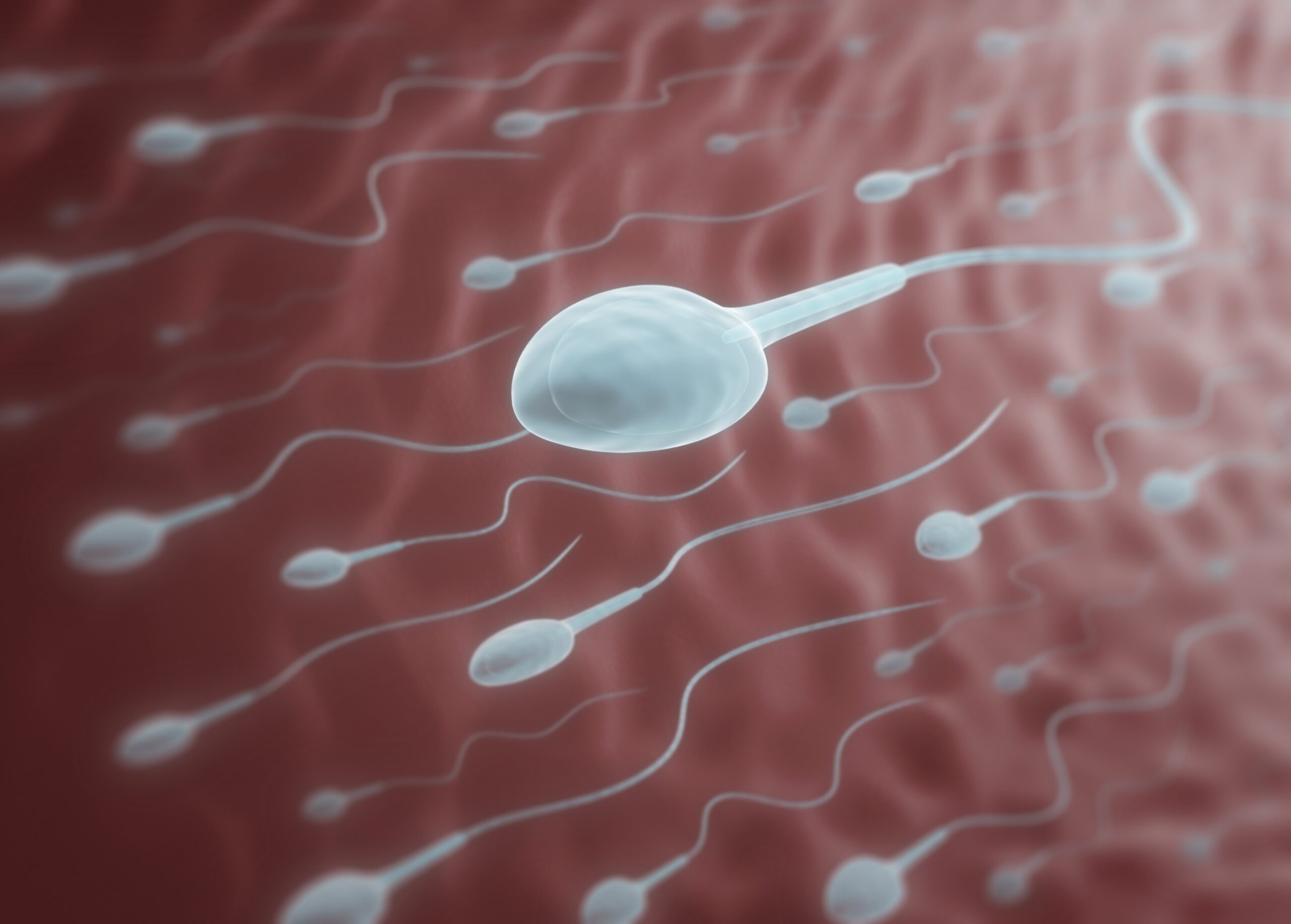The focus is usually on women whenever there’s talk of fertility issues, but new research has revealed that men’s sperm counts have halved in the last 30 years.
A study published in Human Reproduction Update analysed 185 studies published between 1973 and 2011 and concluded that men’s sperm concentration has dropped by just over 50 per cent. The rate is even higher in North America, Europe and Australasia – sitting at 59 per cent.
Interestingly, in Asia, South America and Africa men’s sperm counts don’t seem to have dropped – though fewer fertility studies have been conducted in these parts.
The study’s origins come, in part, from research done here in New Zealand and we asked one of our own researchers, fertility specialist Dr Mary Birdsall from Fertility Associates, what she thought the drop in count could be attributed to:
Tell us, firstly, about the research you and your team did.
“We looked at 20 years of sperm donor data from 1000 men, and looked at their sperm counts. These were 1000 random men all under the age of 45, and only their first sample was looked at.
“What we found was that between 1987 and 2007 sperm counts halved in New Zealand from an average of 110 million to an average of 50 million.
“This was published in the NZ Medical Journal and then we did a follow-up study of the next seven years of data, which was 300 men, and found that there had been no further drop.”
So in the seven years since 2007 sperm counts have levelled out?
“Yes. There has been no further drop.”
What do you make of these findings? Why the drop between 1987 and 2007, and why are counts are no longer dropping?
“Our supposition was that over that seven-year period there was a reduction in the number of men who were smoking in New Zealand. We also talked about the changes in pesticides usage in New Zealand – over that time period things like DDT (a commonly used pesticide for insect control) were banned.”

So with fewer men smoking and DDT banned, could sperm counts actually start to increase again?
“We couldn’t say that. There are probably some environmental influences in the developing world, particularly with the number of chemicals we are exposed to which break down into oestrogen-like compounds, and we have concerns.”
Fifty million still sounds like plenty…
“And it is, but we just saw the average count fall from 110 million to 50 million and that’s quite a big change. There will be a range – some of those guys won’t have any sperm and there will be some who have 110 million.
What can guys do to improve their sperm count and the quality of their sperm?
“Sperm counts often just reflect general health, so the things we all know are good for our health are good for our sperm – things like:
having a normal BMI
exercising regularly
not having really high levels of alcohol
not smoking
not doing illicit drug
and eating well – eat plenty of antioxidant-rich foods such as fruits and vegetables, dark chocolate, berries, beans and nuts.”

Dr Birdsall also suggests washing your fruit and vegetables, avoiding trans fats and being aware that some drugs can interfere with sperm quality, including some blood pressure drugs, anti-depressants, anti-psychotics and even antibiotics. Talk to your GP to check you’re on fertility-friendly medication.
If you’re worried about your sperm health you could visit a fertility clinic or take a home sperm count test, sold in pharmacies, which measures the concentration of sperm in your ejaculate that can swim (known as mobile sperm).


